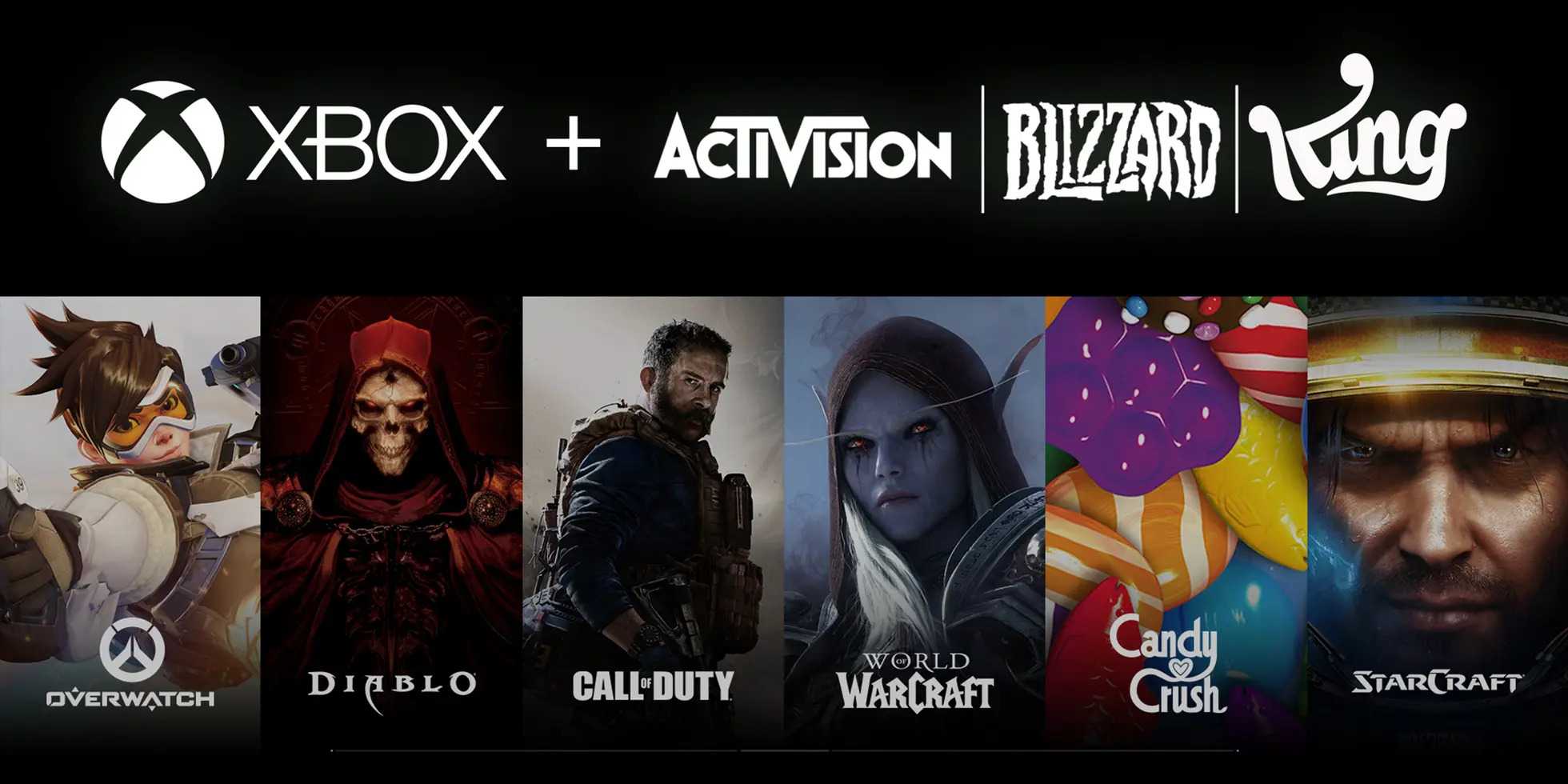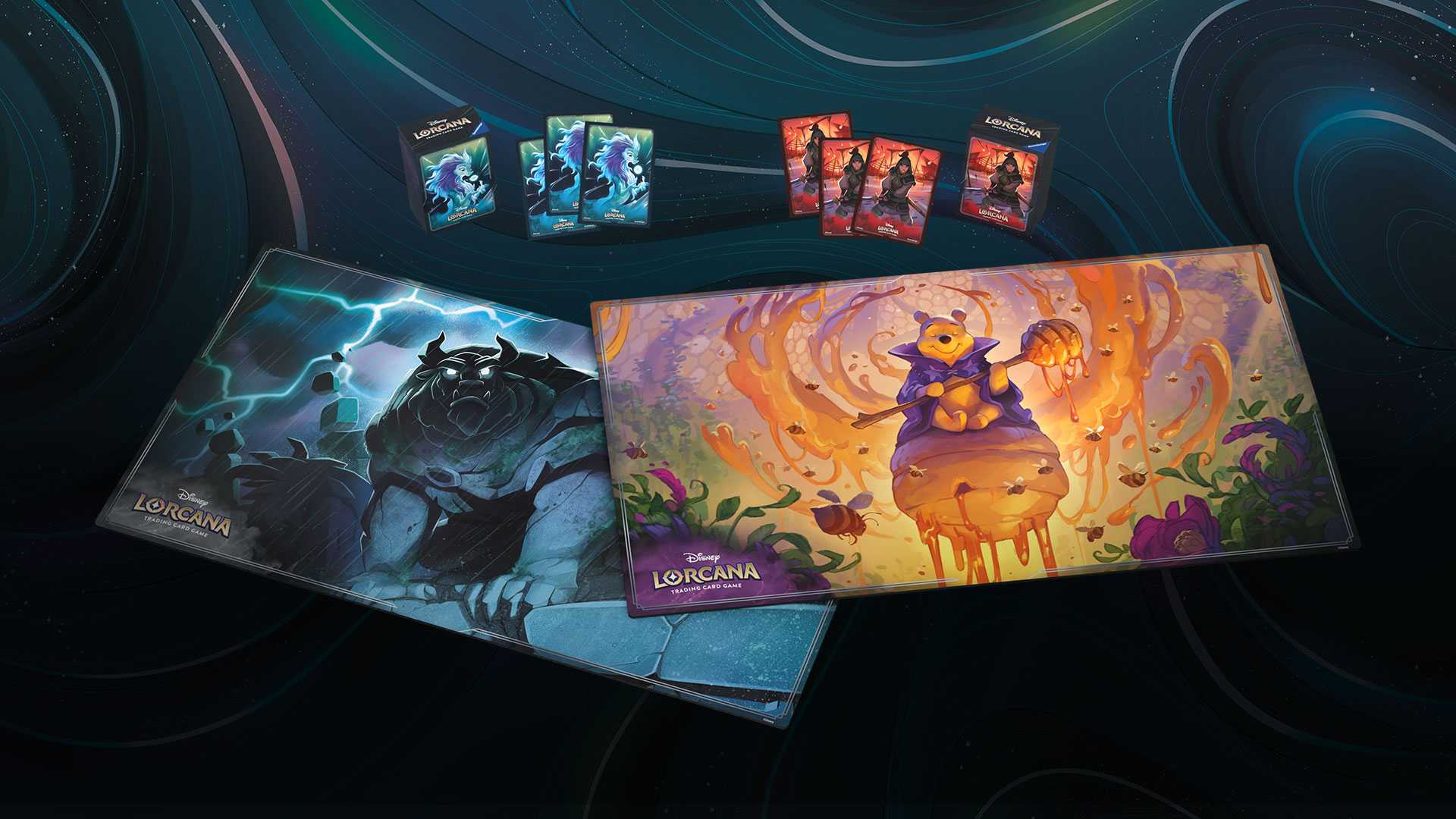Comics and video games have long been in the pantheon of “geek culture,” which in the last decade has become firmly entrenched in mainstream culture. Marvel and DC have played a pivotal role in this shift, leveraging their IP for blockbuster films and games, but Dark Horse Comics has lived up to its dark horse name, producing memorable IP such as Hellboy, Frank Miller’s Sin City and 300, and others. It’s fitting that the brand now has a games division to help leverage its stable of properties.
Because the company does not yet have the scale to tackle triple-A game development on its own, a big part of the business will involve licensing its Dark Horse IP to the right studios. The division is already in talks with several studios around the world. Some of the meetings have apparently entered “late-stage discussions,” and should those go well, “you’ll see pretty big Dark Horse Comics characters in live triple-A games no later than the end of Q1 next year,” according to GamesBeat. Meanwhile, internal development will focus on refreshing older IP in the company’s catalog while also releasing multimedia projects such as anime or webtoons.
Dark Horse has kept a close eye on the strategies employed by both Marvel and DC and intends to apply lessons learned to its own operation. That likely means more location-based entertainment, merchandising, and better synergies across all entertainment media. It also doesn’t hurt that Stanley Cheung, the executive chairman of Dark Horse Comics, is the former chairman of Walt Disney Greater China.
With so much crossover between major IP in the worlds of comics, graphic novels, streaming, films, and games, Dark Horse appears to be headed down a path of significant growth, assuming its triple-A development partners handle their IP with care. Interpret’s New Media Measure® reveals that more than two-thirds of the gaming population (anyone who plays an hour or more weekly) also reads comics or graphic novels. Gamers are hungry for this type of content.







